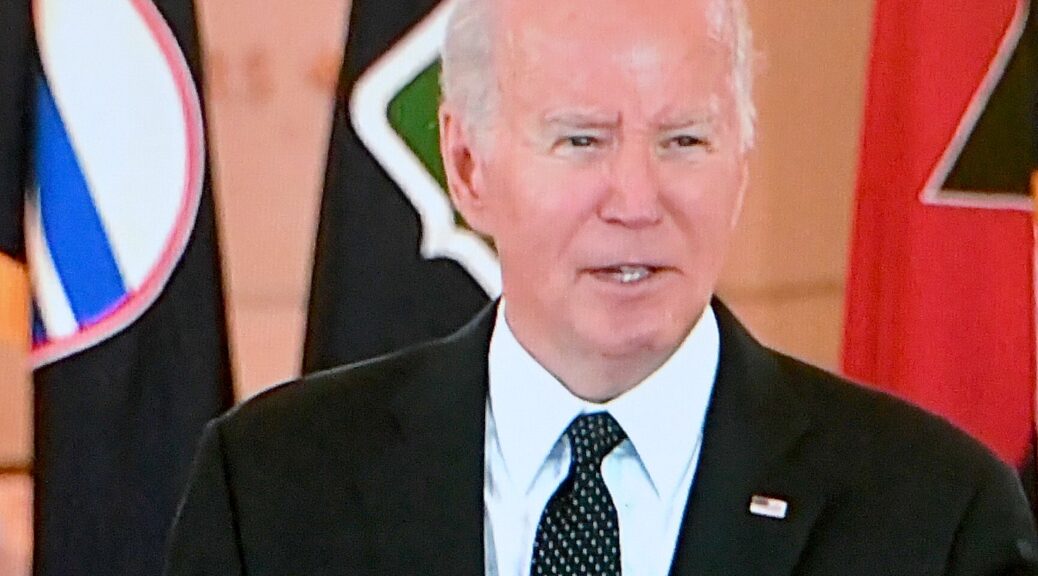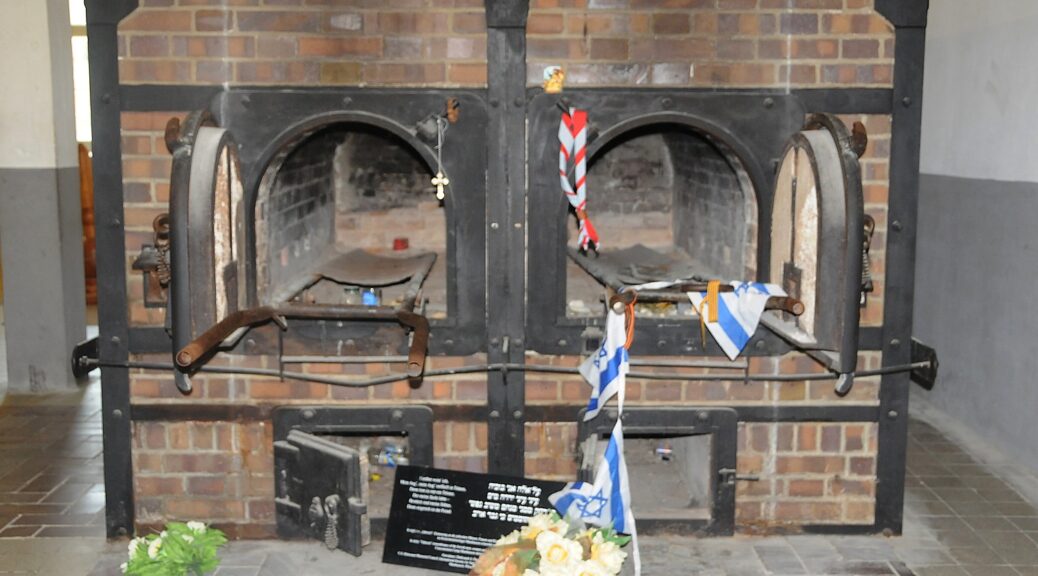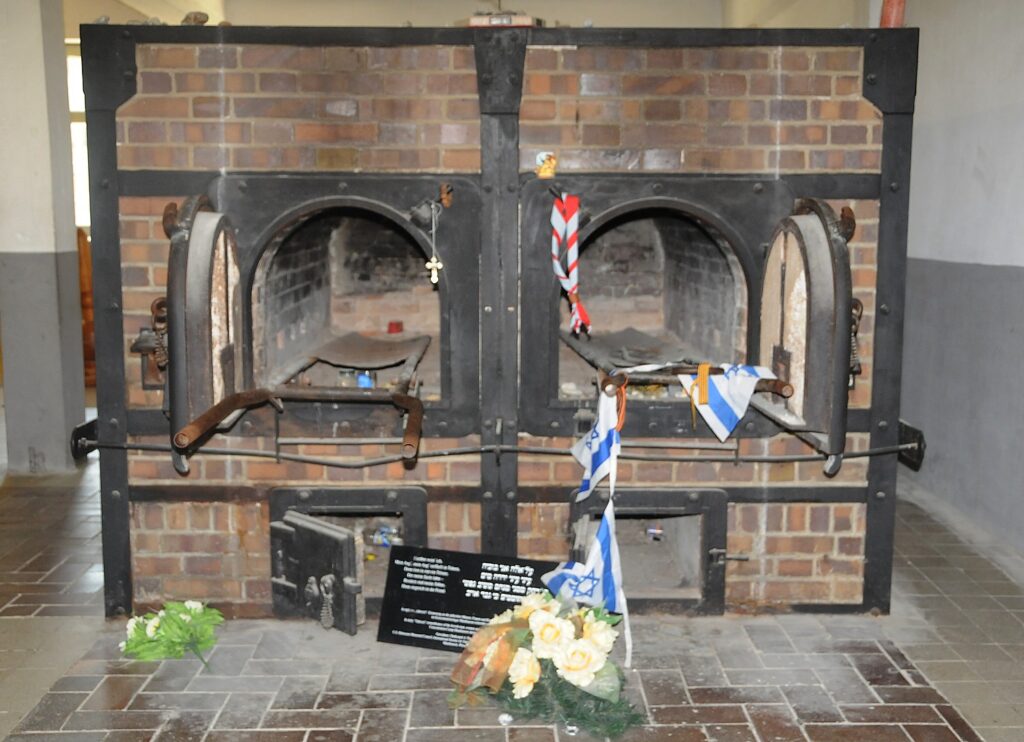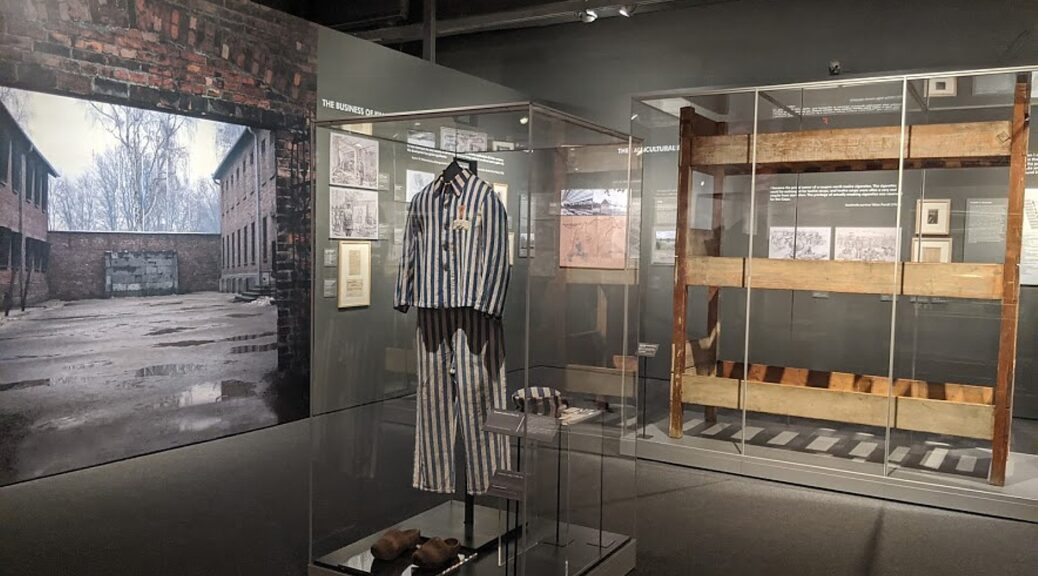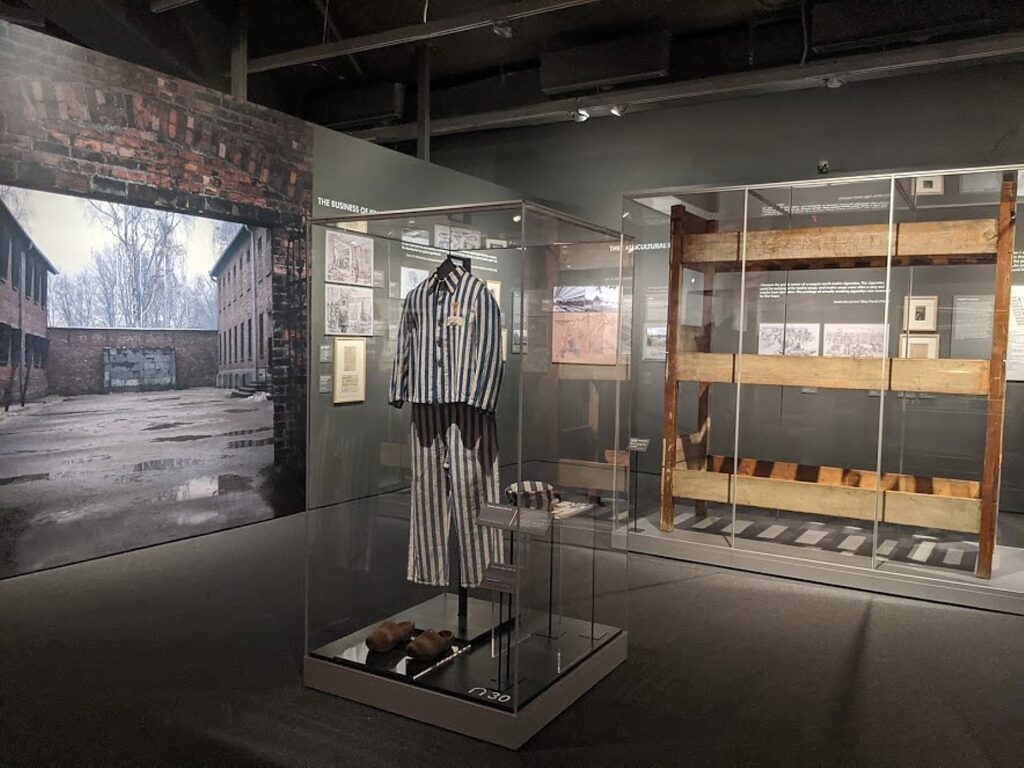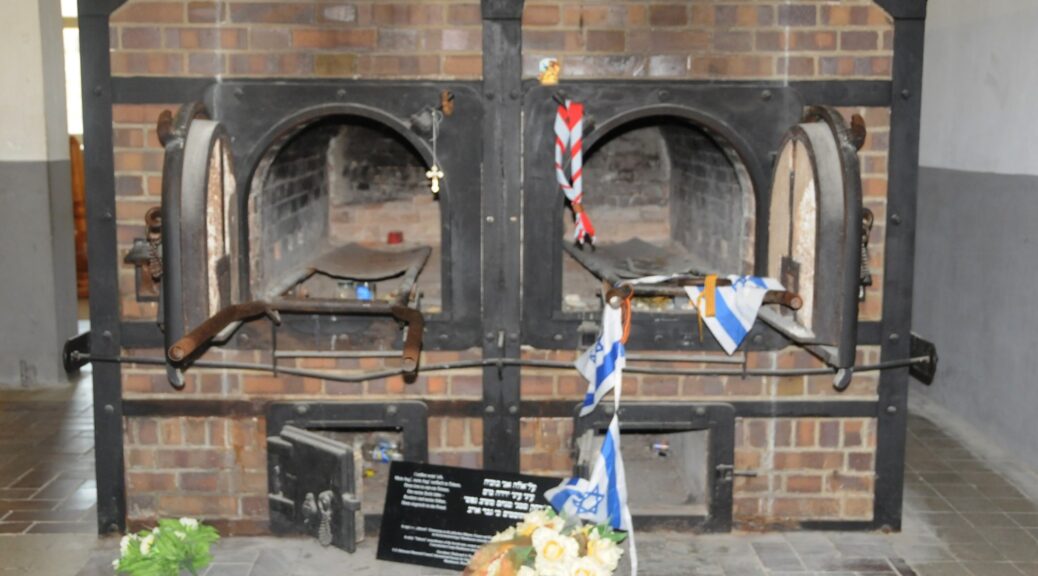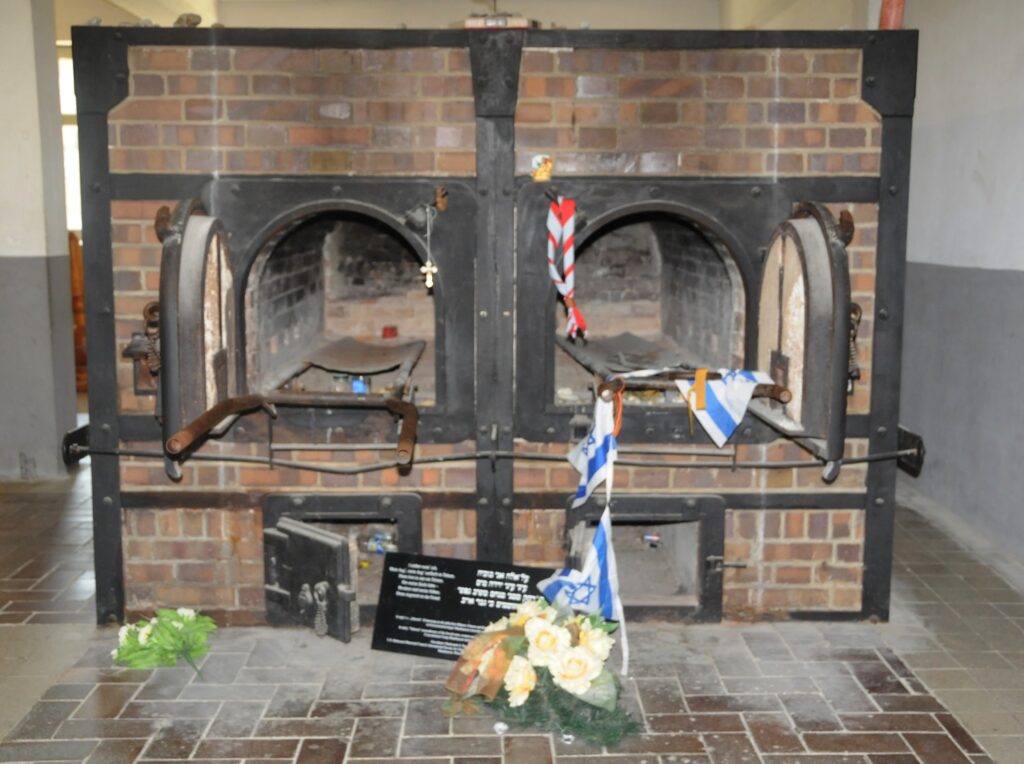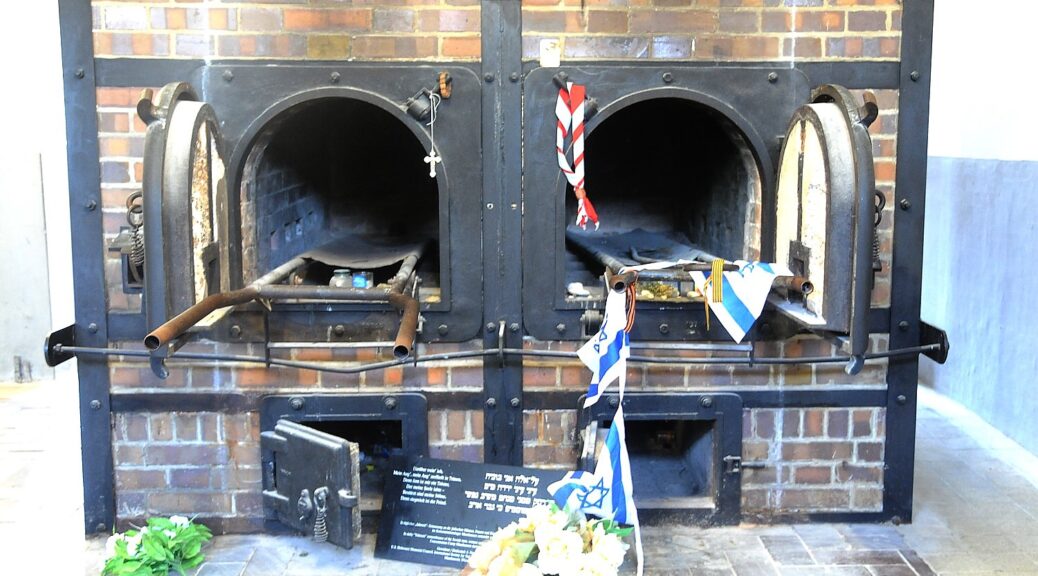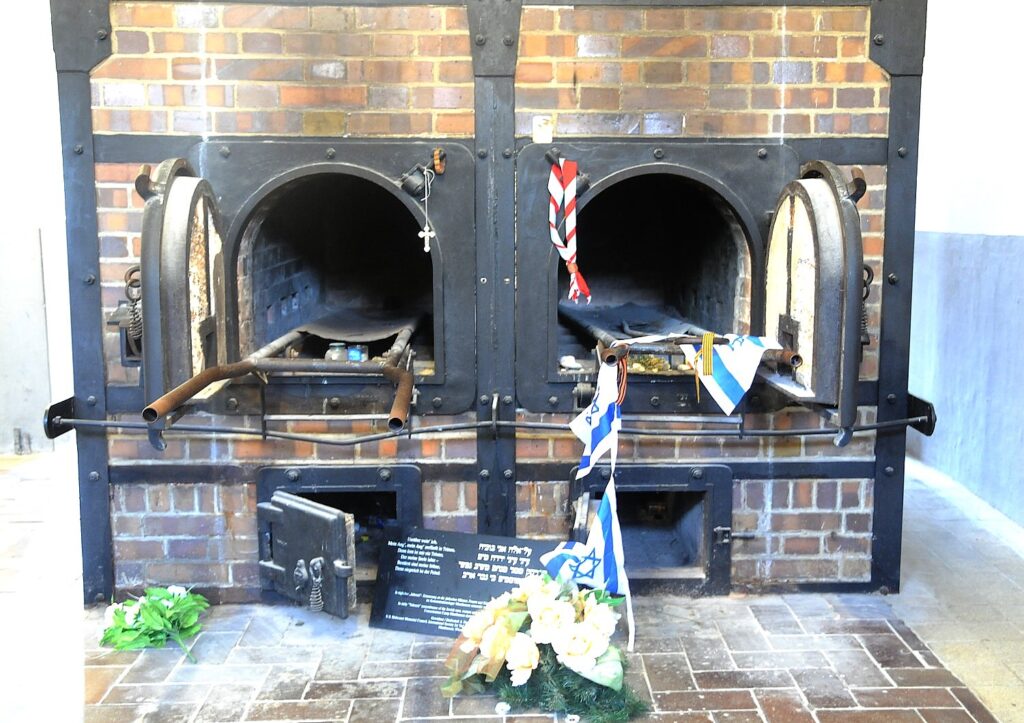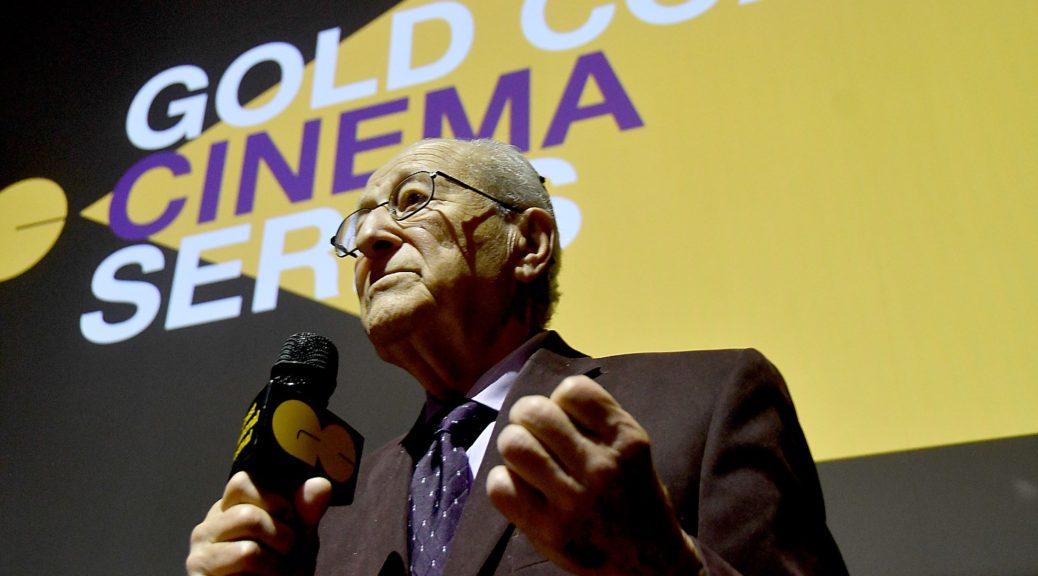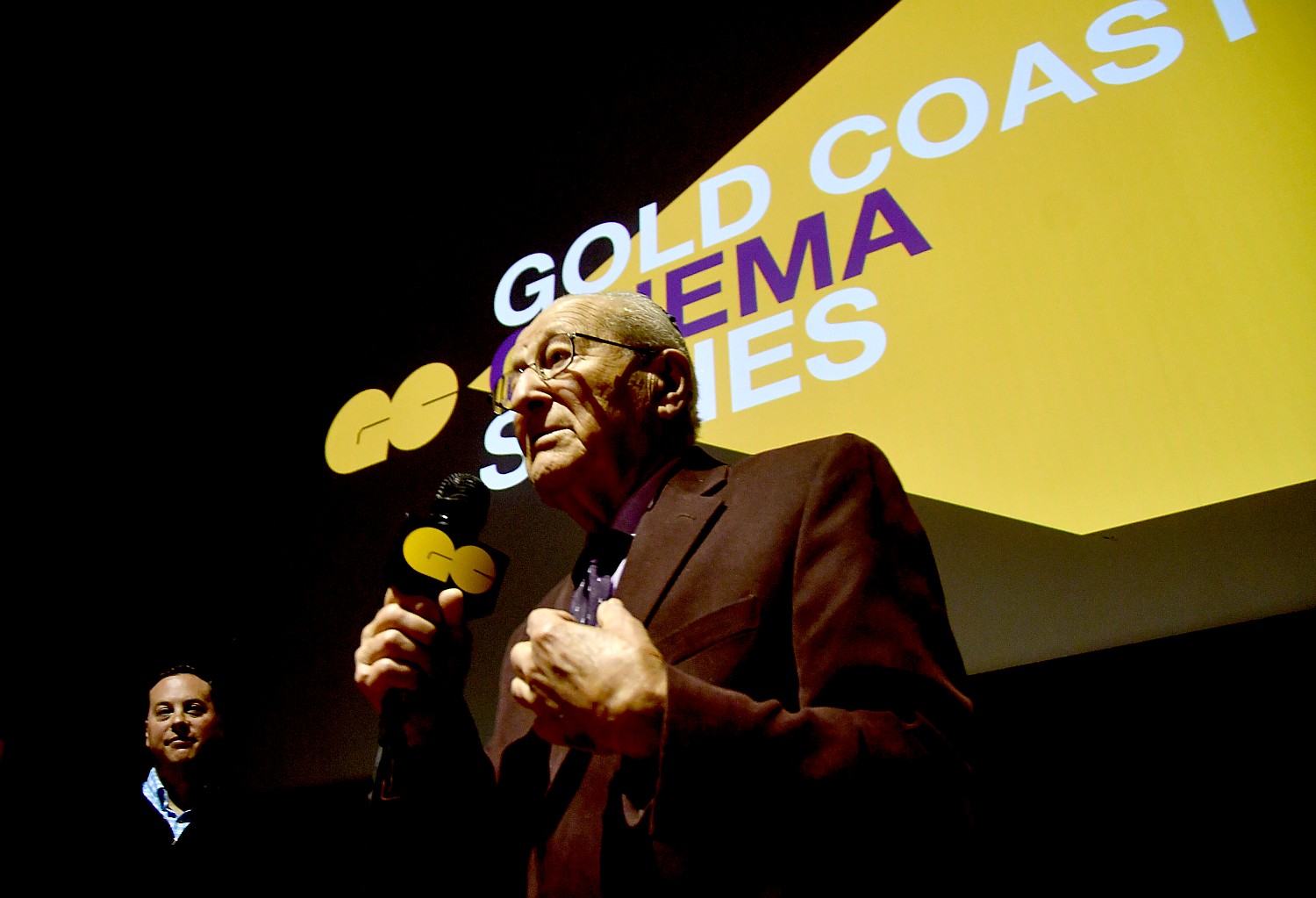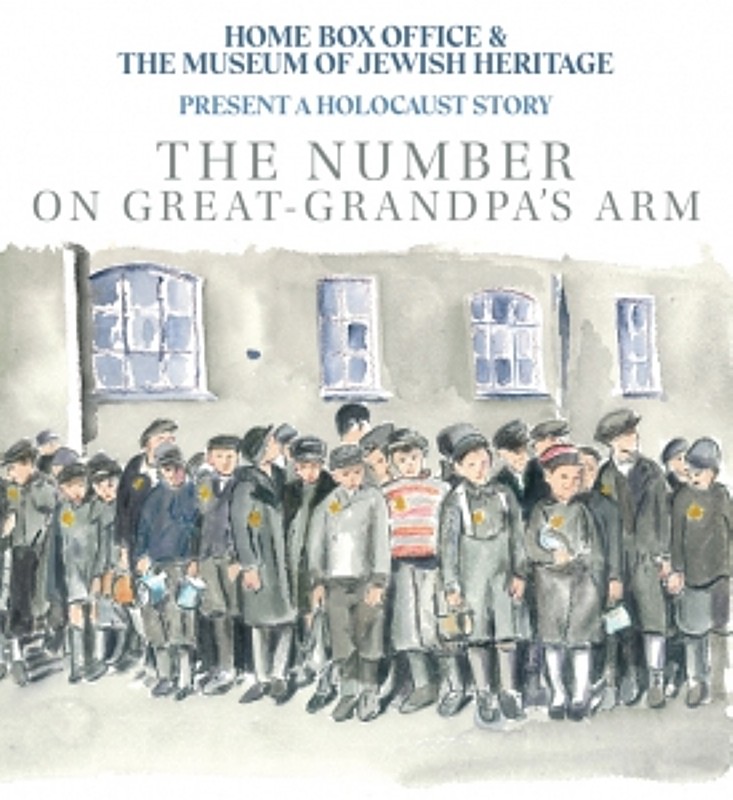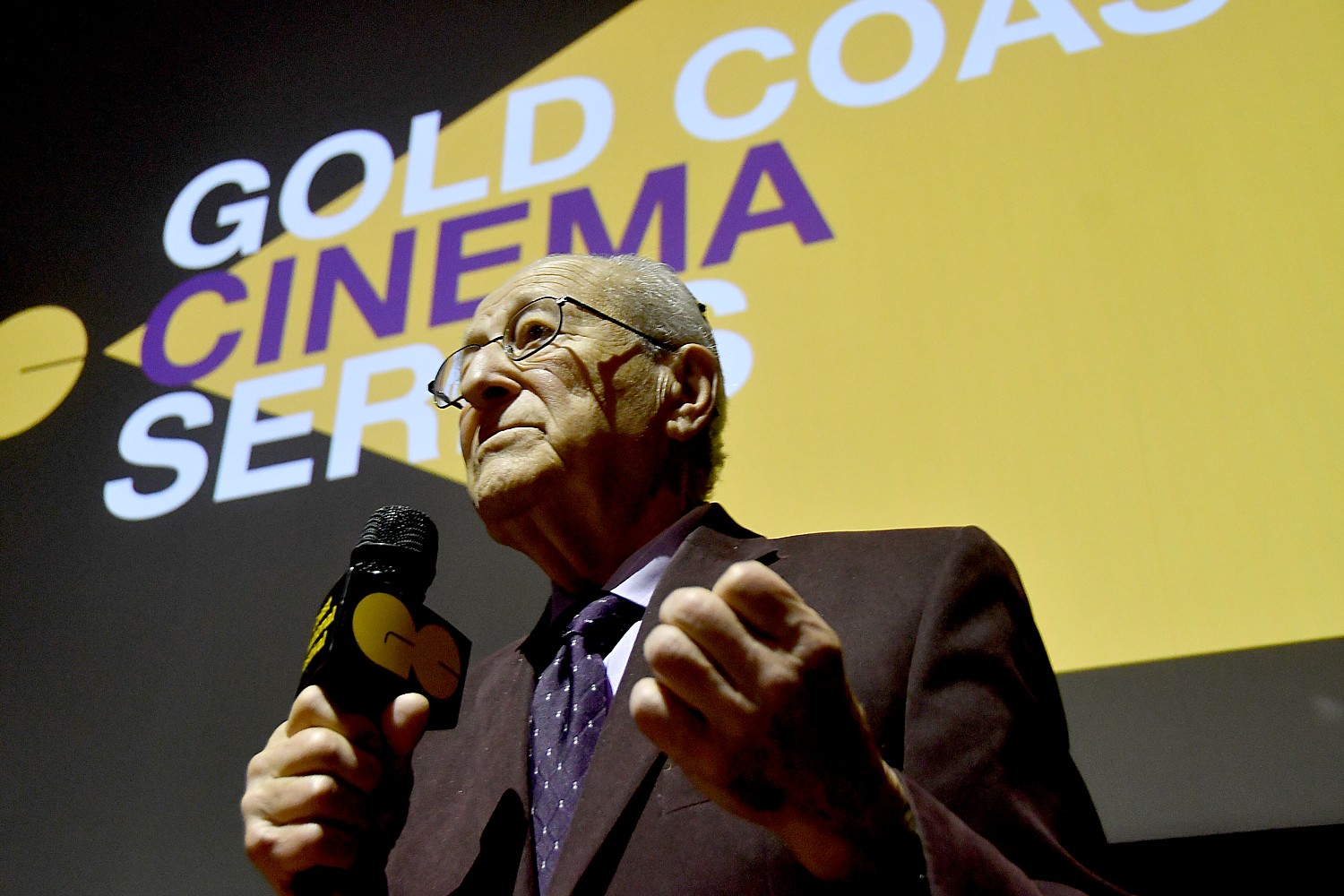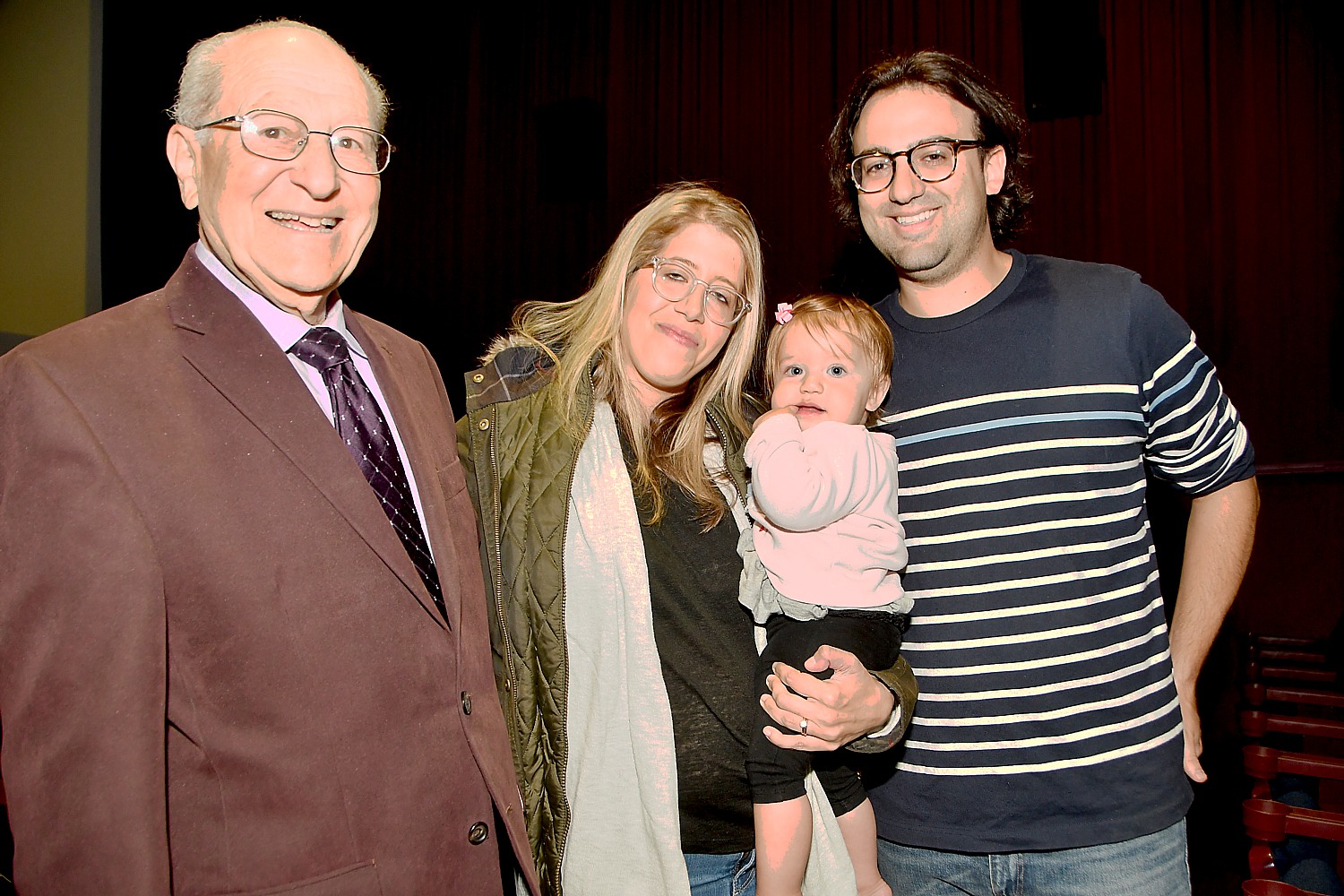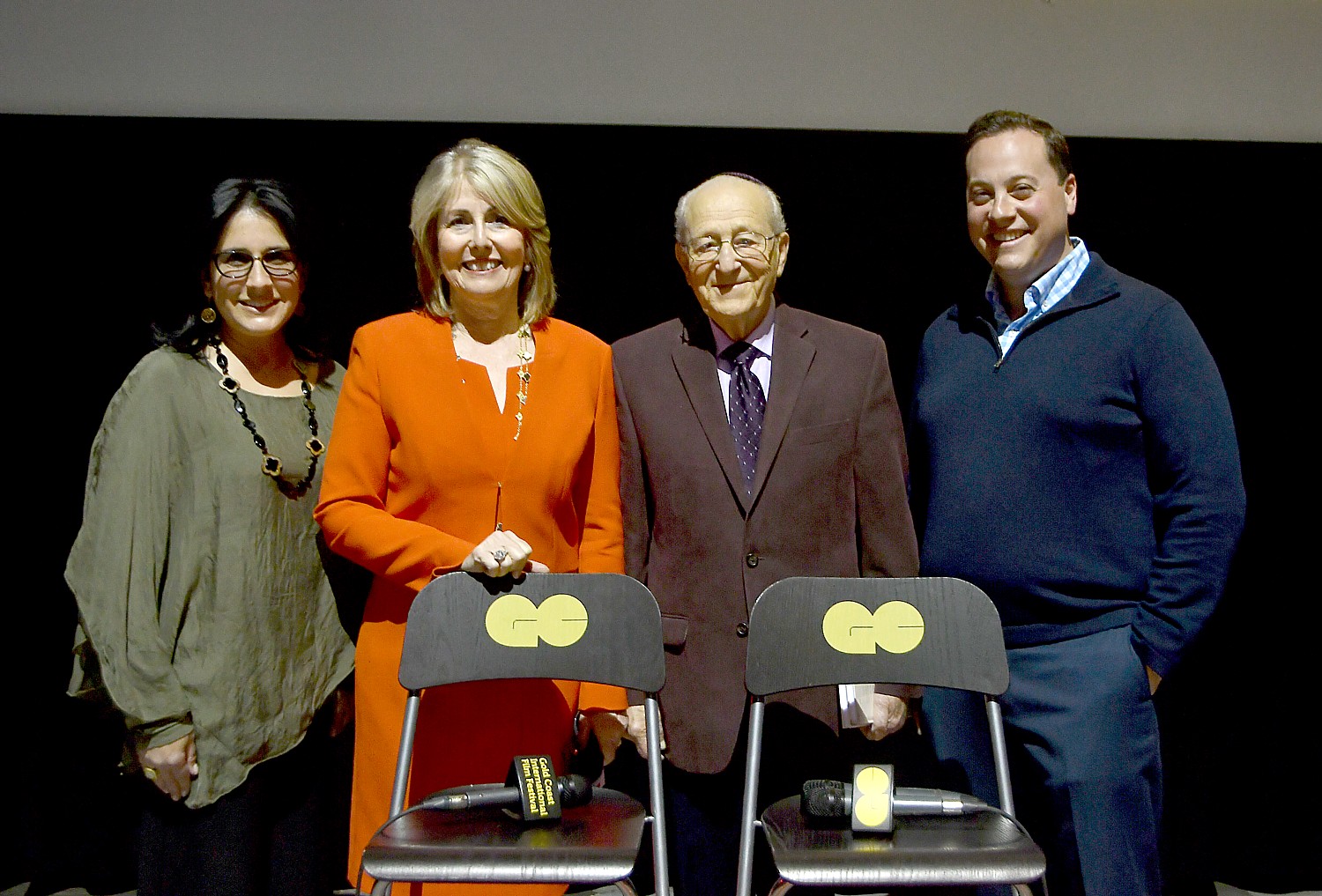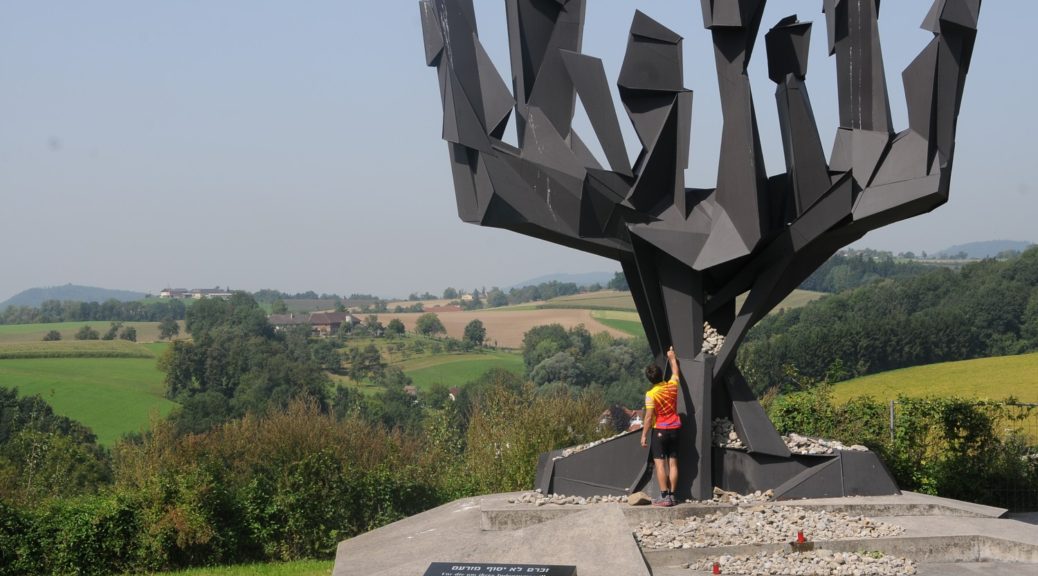In his keynote address at the U.S. Holocaust Memorial Museum’s Annual Days of Remembrance Ceremony, President Biden spoke out against antisemitism, saying that the hate that culminated in the Holocaust in which 6 million Jews – one third of the population of Jews in the world – were extinguished by Nazi Germany, did not begin with Hitler and did not end with World War II. Here is a transcript of his remarks.

During these sacred Days of Remembrance, we grieve. We give voice to the 6 million Jews who were systematically targeted and murdered by the Nazis and their collaborators during World War Two. We honor the memory of victims, the pain of survivors, the bravery of heroes who stood up to Hitler’s unspeakable evil. And we recommit to heading and heeding the lessons that [of] one of the darkest chapters in human history, to revitalize and realize the responsibility of “never again.”
Never again, simply translated for me, means “never forget.” Never forget. Never forgetting means we must keep telling the story. We must keep teaching the truth. We must keep teaching our children and our grandchildren.
And the truth is we are at risk of people not knowing the truth.
That’s why, growing up, my dad taught me and my siblings about the horrors of the Shoah at our family dinner table. That’s why I visited Yad Vashem with my family as a senator, as vice president, and as president. And that’s why I took my grandchildren to Dachau, so they could see and bear witness to the perils of indifference, the complicity of silence in the face of evil that they knew was happening.
Germany, 1933. Hitler and his Nazi party rise to power by rekindling one of the world’s oldest forms of prejudice and hate: antisemitism. His rule didn’t begin with mass murder. It started slowly across economic, political, social, and cultural life: propaganda demonizing Jews; boycotts of Jewish businesses; synagogues defaced with swastikas; harassment of Jews in the street and in the schools; antisemitic demonstrations, pogroms, organized riots.
With the indifference of the world, Hitler knew he could expand his reign of terror by eliminating Jews from Germany, to annihilate Jews across Europe through genocide the Nazi’s called the “Final Solution” — concentration camps, gas chambers, mass shootings.
By the time the war ended, 6 million Jews — one out of every three Jews in the entire world — were murdered.
This ancient hatred of Jews didn’t begin with the Holocaust; it didn’t end with the Holocaust, either, or after — or even after our victory in World War Two. This hatred continues to lie deep in the hearts of too many people in the world, and it requires our continued vigilance and outspokenness.
That hatred was brought to life on October 7th in 2023. On a sacred Jewish holiday, the terrorist group Hamas unleashed the deadliest day of the Jewish people since the Holocaust.
Driven by ancient desire to wipeout the Jewish people off the face of the Earth, over 1,200 innocent people — babies, parents, grandparents — slaughtered in their kibbutz, massacred at a musical festival, brutally raped, mutilated, and sexually assaulted. Thousands more carrying wounds, bullets, and shrapnel from the memory of that terrible day they endured. Hundreds taken hostage, including survivors of the Shoah.
Now, here we are, not 75 years later but just seven and a half months later, and people are already forgetting. They’re already forgetting that Hamas unleased this terror, that it was Hamas that brutalized Israelis, that it was Hamas who took and continues to hold hostages. I have not forgotten, nor have you, and we will not forget. (Applause.)
And as Jews around the world still cope with the atrocities and trauma of that day and its aftermath, we’ve seen a ferocious surge of antisemitism in America and around the world: vicious propaganda on social media, Jews forced to keep their — hide their kippahs under baseball hats, tuck their Jewish stars into their shirts.
On college campuses, Jewish students blocked, harassed, attacked while walking to class.
Antisemitism — antisemitic posters, slogans calling for the annihilation of Israel, the world’s only Jewish State.
Too many people denying, downplaying, rationalizing, ignoring the horrors of the Holocaust and October 7th, including Hamas’s appalling use of sexual violence to torture and terrorize Jews.
It’s absolutely despicable, and it must stop.
Silence — (applause) — silence and denial can hide much, but it can erase nothing. Some injustices are so heinous, so horrific, so grievous, they cannot be muri- — buried, no matter how hard people try.
In my view, a major lesson of the Holocaust is, as mentioned earlier, it’s not — was not inevitable. We know hate never goes away; it only hides. And given a little oxygen, it comes out from under the rocks.
But we also know what stops hate. One thing: all of us.
The late Rabbi Jonathan Sacks described antisemitism as a virus that has survived and mutated over time. Together, we cannot continue to let that happen.
We have to remember our basic principles as a nation. We have an obligation — we have an obligation to learn the lessons of history so we don’t surrender our future to the horrors of the past. We must give hate no safe harbor against anyone — anyone.
From the very founding — our very founding, Jewish Americans, who represent only about 2 percent of the U.S. population, have helped lead the cause of freedom for everyone in our nation. From that experience, we know scapegoating and demonizing any minority is a threat to every minority and the very foundation of our democracy.
So, in moments like this, we have to put these principles that we’re talking about into action.
I understand people have strong beliefs and deep convictions about the world. In America, we respect and protect the fundamental right to free speech, to debate and disagree, to protest peacefully and make our voices heard.
I understand. That’s America.
But there is no place on any campus in America — any place in America — for antisemitism or hate speech or threats of violence of any kind — (applause) — whether against Jews or anyone else.
Violent attacks, destroying property is not peaceful protest. It’s against the law. And we are not a lawless country. We’re a civil society. We uphold the rule of law.
And no one should have to hide or be brave just to be themselves. (Applause.)
To the Jewish community, I want you to know I see your fear, your hurt, and your pain.
Let me reassure you, as your President, you are not alone. You belong. You always have, and you always will.
And my commitment to the safety of the Jewish people, the security of Israel, and its right to exist as an independent Jewish state is ironclad, even when we disagree. (Applause.)
My administration is working around the clock to free remaining hostages, just as we have freed hostages already, and we will not rest until we bring them all home. (Applause.)
My administration, with our Second Gentleman’s leadership, has launched our nation’s first National Sec- — Strategy to Counter Antisemitism that’s mobilizing the full force of the federal government to protect Jewish communities.
But — but we know this is not the work of government alone or Jews alone. That’s why I’m calling on all Americans to stand united against antisemitism and hate in all its forms.
My dear friend, and he became a friend, the late Elie Wiesel, said, quote, “One person of integrity can make a difference.” We have to remember that now more than ever.
Here in Emancipation Hall in the U.S. Capitol, among the towering statues of history, is a bronze bust of Raoul Wallenberg. Born in Sweden as a Lutheran, he was a businessman and a diplomat. While stationed in Hungary during World War Two, he used diplomatic cover to hide and rescue about 100,000 Jews over a six-month period.
Among them was a 16-year-old Jewish boy who escaped a Nazi labor camp. After the war ended, that boy received a scholarship from the Hillel Foundation to study in America. He came to New York City penniless but determined to turn his pain into purpose, along with his wife, also a Holocaust survivor. He became a renowned economist and foreign policy thinker, eventually making his way to this very Capitol on the staff of a first-term senator.
That Jewish refugee was Tom Lantos, and that senator was me.
Tom and his wife, Annette, and their family became dear friends to me and my family. Tom would go on to become the only Holocaust survivor ever elected to Congress, where he became a leading voice on civil rights and human rights around the world.
Tom never met Raoul, who was taken prisoner by the Soviets, never to be heard from again. But through Tom’s efforts, Raoul’s bust is here in the Capitol.
He was also given honorary U.S. citizenship — only the second person ever, after Winston Churchill.
And the Holocaust Museum here in Washington is located on a roal- — a road in Raoul’s name.
The story of the power of a single person to put aside our differences, to see our common humanity, to stand up to hate. And it’s an ancient story of resilience from immense pain, persecution to find hope, purpose, and meaning in life we try to live and share with one another. That story endures.
Let me close with this. I know these Days of Remembrance fall on difficult times. But we all do well to remember these days also fall during the month we celebrate Jewish American heritage — a heritage that stretches from our earliest days to enrich every single part of American life today.
Great American — great Jewish American named Tom Lantos used the phrase, “The veneer of civilization is paper thin. We are its guardians, and we can never rest.”
My fellow Americans, we must — we must be those guardians. We must never rest. We must rise against hate, meet across the divide, see our common humanity.
And God bless the victims and survivors of the Shoah.
May the resilient hearts, the courageous spirit, and the eternal flame of faith of the Jewish people forever shine their light on America and around the world, pray God.

